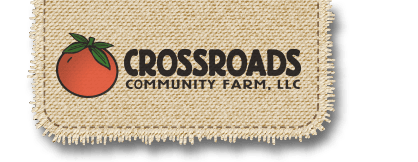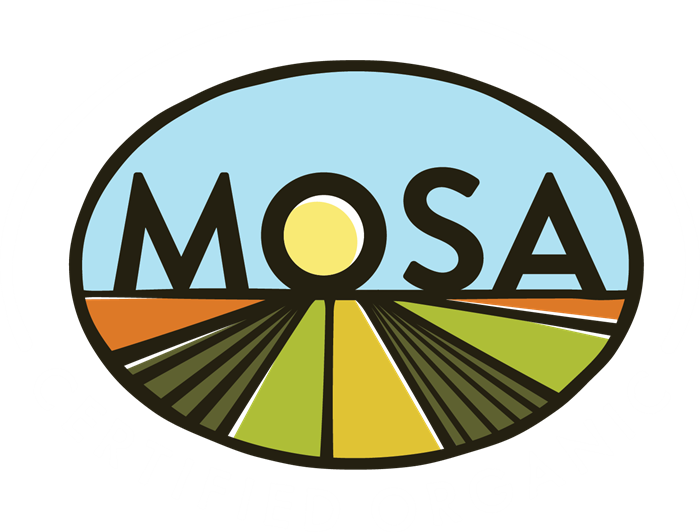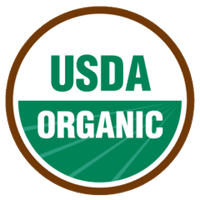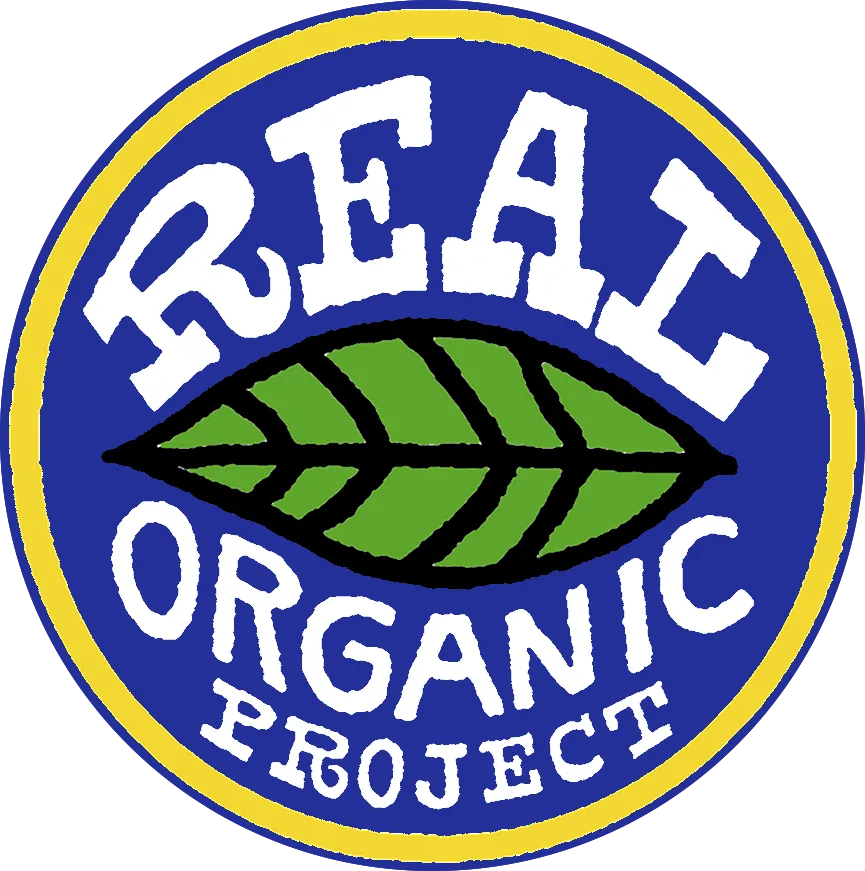Thoughts on Raising and Slaughtering Animals – Week #17: 9/29/21
This particular morning of the year is always a little sad. It’s the day the pigs go in to slaughter.
I have very complex emotions around eating meat. I was a vegetarian for a decade. Then I knew a grad student at UW who was culling deer as part of a research project, and he asked if I would be interested in eating the venison so it didn’t go to waste. I remember weighing this decision heavily, knowing that once I began to eat meat again and have the taste for it, it would open the door to eating other meat too.
This proved to be correct.
I met Mike and he enjoys eating meat. My vegetarian cooking left him wanting, so outside of the venison, I began to trade vegetables for meat with a fellow farmer’s market farmer. I figured eating meat was okay if I knew the animal was treated well.
Nine years ago, I began to raise my own pigs. I figured how better to know the animal is treated well than to raise it myself! I also figured random crates of peppers, cracked melons, or blemished tomatoes could turn into protein instead of compost and that felt good too.
This summer I upped my animal production game and raised broiler chickens. I was up for a challenge, and my kids really love chicken and enjoy eating it at their dad’s house. I figured if chicken eating was happening, I might as well be the producer and supplier.
While there are so many wonderful arguments for eating vegetarian diets, in the end the local and clean eater in me feels weighted to eat meat. I don’t wish to buy peppers from New Zealand in the winter or eat faux meat products that are extremely processed. I want to keep my food as clean and local as possible. Most of my meals in the summer are vegetarian (outside of BLT season), and I eat lots more meat in the winter. The animals I raise are like solar batteries – storing the energy from the sun literally in their bodies. Having meat in the winter adds variety to the brassicas and roots that sustain me through the cold months.
But just because I choose to raise and eat meat, it doesn’t mean I don’t have misgivings about it.
From an environmental perspective, it would be best if I didn’t eat meat at all. If one thinks purely about the energy conversion rates, it is vastly more efficient energy-wise to eat plants directly. I am reminded of this truth each spring when the grain truck fills the pigs’ gravity bin with organic soy and corn. So much energy is lost in the conversion.
From a moral perspective, it is hard to take the life of another to sustain myself. Especially my pigs. I make friends with these animals. I am their sole provider all season long. I rub their sides and scratch behind their ears. I say hello. When I hop in the pen, they curiously sniff me and stay close. They say pigs are as smart as dogs, and I believe it when I look into my pigs’ eyes.
Sometimes people ask me (in a judgy way): “How can you bear to eat the animals you raise?” They ask this in a way that suggests they could never, nor do they understand, how someone could end up eating an animal they care for and to which they have a connection.
The response in my head, the one I don’t say out loud, is “How can you feel okay about eating meat when you won’t face what it is that you are doing?” What I actually say is, “If I am going to eat meat, I want to be very honest with myself about what I am doing.”
In a similar vein as the adults who question my eating the meat I raise, my eldest daughter refuses to eat the venison her father hunts, or the pork and chicken her mother raises. However, she easily eats a hamburger or hot dog when away from home. For her, ignorance is a kind of bliss. The meat tastes good. She wants it, but she doesn’t want to think about what is involved in its creation. So, meat she knows, she doesn’t wish to eat. But anonymous meat? She’s all about it.
My daughter is not alone in this sentiment.
I can’t help thinking how different our food system would be if it were the other way around. What if eaters were disgusted by eating meat raised by strangers in conditions we don’t know? What if the morally and culturally accepted way to eat meat was to know the animal you are eating and be part slaughtering and processing it?
People would surely eat a lot less meat. And the meat we did eat, we’d probably be a whole lot more grateful for it if we had to face the truth of the animal’s sacrifice.
I raise meat that comes from happy animals that feel the wind and sunshine on their skin, eat organic grain, and all kinds of delicious vegetables.
When I butchered the broilers, I held each bird and said thank you before I put it in the slaughter cone and sliced its throat. This morning, I walked onto the pig trailer and gave the pigs cookies and rubbed them behind their ears and said thank you. One looked up at me, sort of confused when I closed the trailer door. I cried and said thank you.
This is the only way I’ll eat meat. I never want to forget what it means to take the life of another to sustain myself.
Enjoy your veggies!
Farmer Cassie







